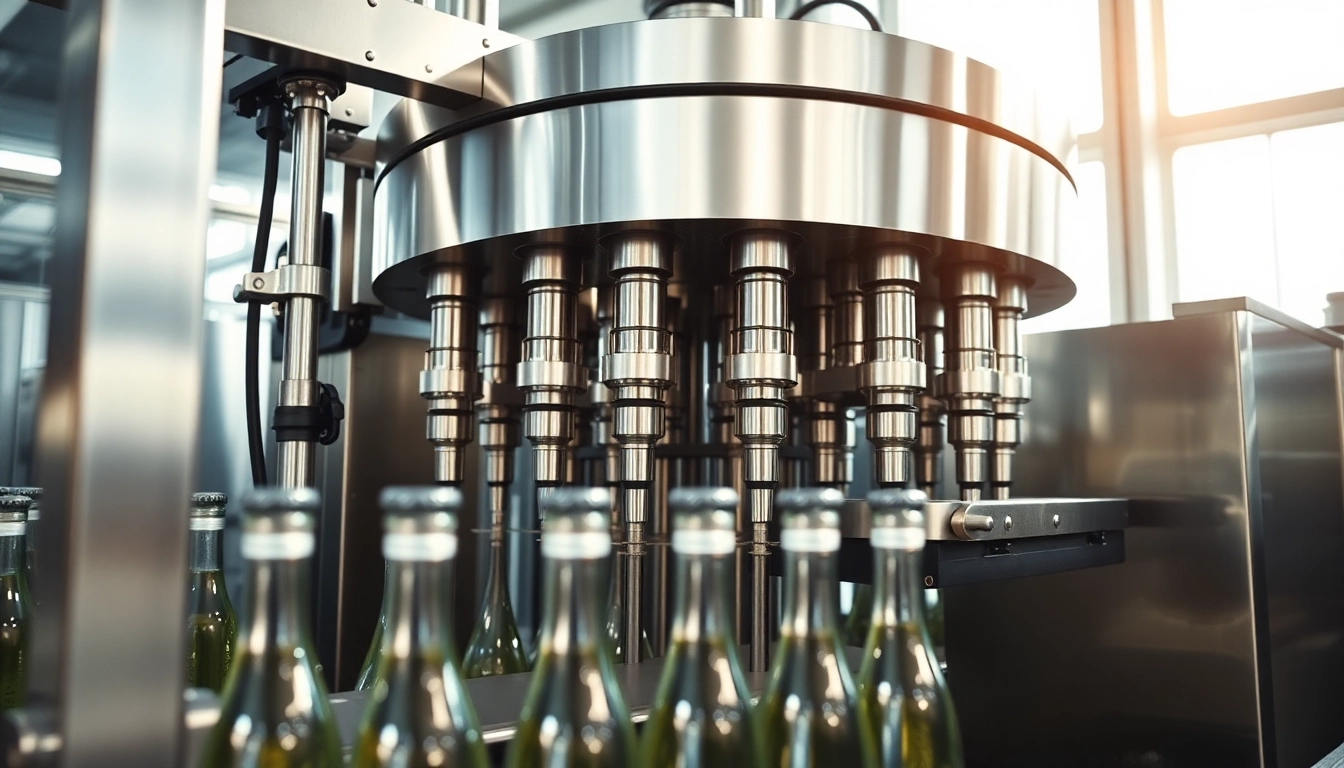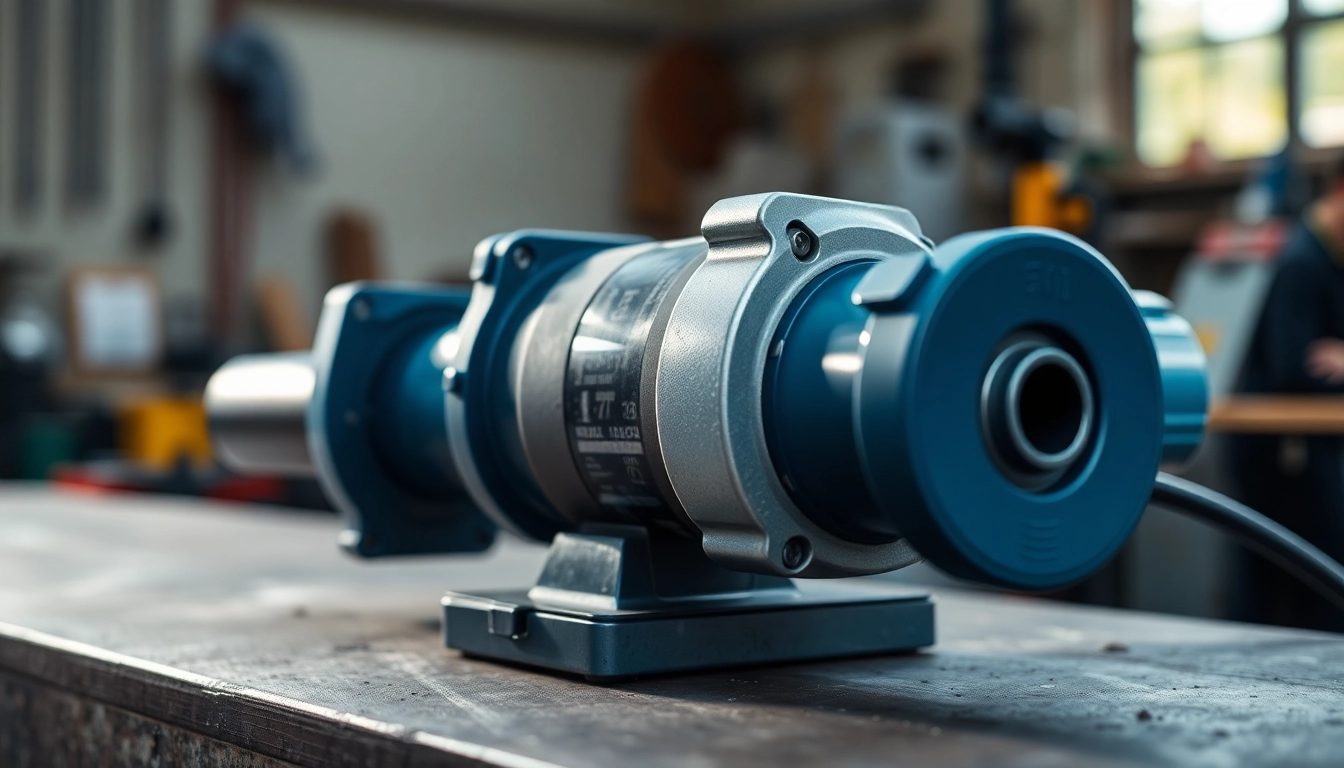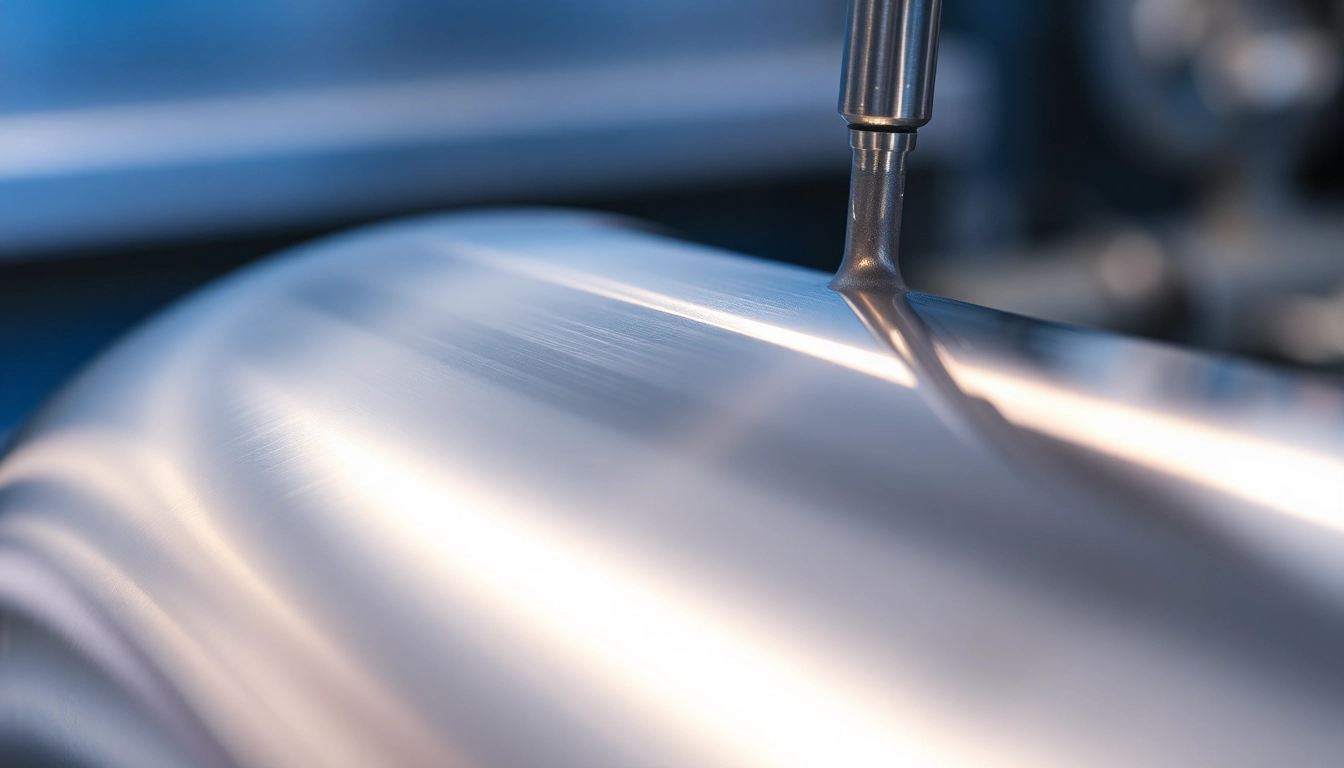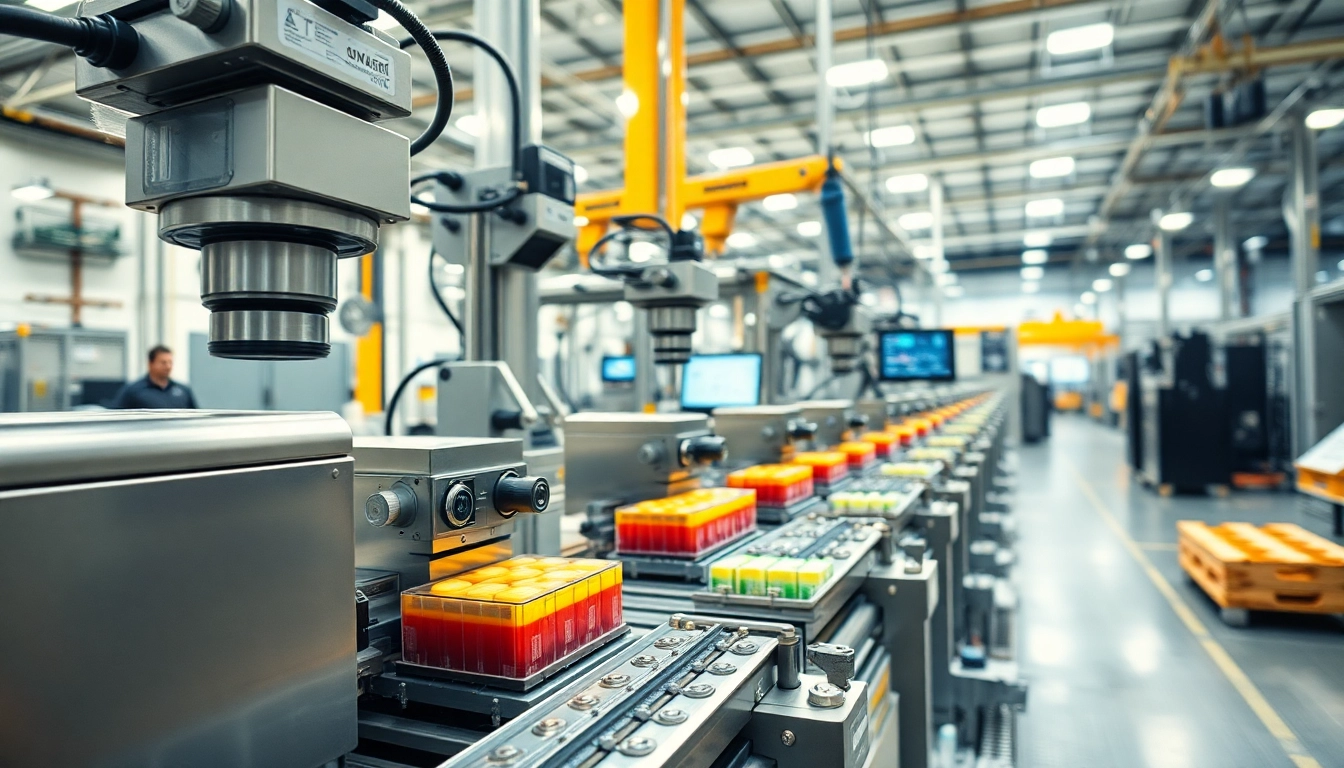Understanding Filling Machines
What is a Filling Machine?
A filling machine is a type of equipment designed to dispense and fill liquids, powders, or granules into containers, such as bottles, cans, or jars. These machines are essential in various industries, including food and beverage, pharmaceuticals, chemicals, and cosmetics, as they enable mass production while maintaining accuracy and efficiency. The technology can vary, with machines designed to handle different types of products and container sizes, ensuring that businesses can automate their processes and improve productivity.
Types of Filling Machines
Filling machines can be categorized based on their operational mechanism and the type of product they handle. Here are some of the most common types:
- Piston Filling Machines: Utilize a piston to draw and dispense the product. They are ideal for thick liquids and pastes.
- Pump Filling Machines: Use pumps to achieve precise filling. They are suitable for a variety of products, including thick and thin liquids.
- Gravity Filling Machines: Rely on gravity to fill containers, often used for thin liquids like water and juices.
- Vacuum Filling Machines: Employ a vacuum to pull liquid into the containers, reducing air exposure, ideal for sensitive products.
- Inline Filling Machines: Allow for continuous filling on a production line, enhancing speed and efficiency.
Applications Across Industries
Filling machines find applications in several industries due to their versatility:
- Food and Beverage: Used for filling sauces, juices, and alcoholic beverages in bottles and cans.
- Pharmaceuticals: Fill liquid medications, syrups, and powders in various packaging.
- Chemicals: Fill industrial liquids, oils, and lubricants into containers.
- Cosmetics: Fill creams, lotions, and serums into jars and tubes.
Choosing the Right Filling Machine Supplier
Identifying Your Needs
Before selecting a filling machine supplier, it’s crucial to understand your specific needs. Consider the type of product you plan to fill, the container size, and the required speed of production. Factors such as viscosity, temperature, and the need for sanitation also play a vital role in identifying the appropriate machine. Consulting with a Filling Machine Supplier to explore customization options can enhance the selection process.
Comparing Suppliers
When evaluating different suppliers, consider the following criteria:
- Experience and Reputation: Look for companies with a proven track record in the industry. Check reviews and testimonials from past clients.
- Product Range: Ensure the supplier offers a range of filling machines tailored to different applications.
- Technological Innovation: Suppliers that invest in research and development often provide advanced, efficient solutions.
- Customization Options: A good supplier should offer machines that can be tailored to specific business needs.
Customer Service and Support
Excellent customer service is crucial when choosing a filling machine supplier. Evaluate their responsiveness to inquiries, the availability of technical support, and the warranties they offer on machines. A reliable supplier should also provide comprehensive training for operators to ensure effective use of the machines.
Benefits of Automated Filling Machines
Efficiency and Speed
Automated filling machines significantly enhance production efficiency. By minimizing human intervention, these machines can operate continuously, drastically reducing the time taken to fill containers. For instance, while manual filling might take several minutes per batch, an automated system can achieve the same task in seconds. This increased speed allows companies to meet high demand without compromising on quality.
Cost Savings in Production
Investing in automated filling machines leads to considerable cost savings over time. The reduction in labor costs, coupled with increased production rates, allows companies to allocate resources to other ventures, enhancing overall business performance. Furthermore, precision filling reduces product waste, ensuring that businesses maximize their profit margins.
Improved Accuracy
Accuracy is a critical factor in production. Automated filling machines utilize advanced technology to ensure that each container is filled precisely to the required level. This is particularly important in industries such as pharmaceuticals, where dosage accuracy is paramount. Using machines minimizes human error and ensures consistent quality across all products.
Maintenance and Service for Filling Machines
Routine Maintenance Practices
Regular maintenance is essential to ensuring that filling machines operate at peak efficiency. Implementing a preventive maintenance schedule can mitigate unexpected breakdowns and prolong the lifespan of the equipment. Simple practices include:
- Regularly cleaning components to prevent contamination and build-up.
- Inspecting and lubricating moving parts to avoid wear and tear.
- Calibrating machines frequently to ensure they remain accurate.
Finding Service Providers
Identifying skilled service providers for your filling machines is crucial. Look for companies that specialize in the specific type of filling equipment you own. Recommendations from other businesses can be invaluable, as can online reviews. Be sure to inquire about their experience, service response times, and the types of preventative maintenance they offer.
Warranties and Service Agreements
Warranties and service agreements can provide peace of mind when investing in filling machines. Many suppliers offer warranties covering defects and service agreements that ensure scheduled maintenance visits. These agreements can help mitigate long-term costs associated with repairs and replacements.
Future Trends in Filling Technology
Smart Technology Integration
The integration of smart technologies into filling machines is revolutionizing the industry. Features such as the Internet of Things (IoT) enable constant monitoring of machine performance, alerting operators to potential issues before they escalate. Smart filling machines can adapt to changes in production lines, learning optimal settings based on historical data for increased efficiency.
Sustainability in Filling Solutions
As sustainability becomes a priority for consumers and businesses alike, manufacturers are focusing on eco-friendly filling solutions. This includes using materials that reduce waste, such as recyclable packaging and the development of machines that use less energy. Companies are recognizing that sustainable practices not only benefit the environment but also improve their brand image and appeal to eco-conscious consumers.
Innovations to Watch
Innovation in the filling machine sector is constant, with new advancements emerging rapidly. Future trends to watch include:
- Robotics and Automation: The integration of robotic technology is set to further streamline filling processes and enhance flexibility in manufacturing.
- Advanced Sensors: Sensors that provide real-time feedback on filling processes can enhance accuracy and reduce waste.
- Augmented Reality (AR) and Virtual Reality (VR): Using AR and VR for training operators on machine operation and maintenance can improve safety and efficiency.



